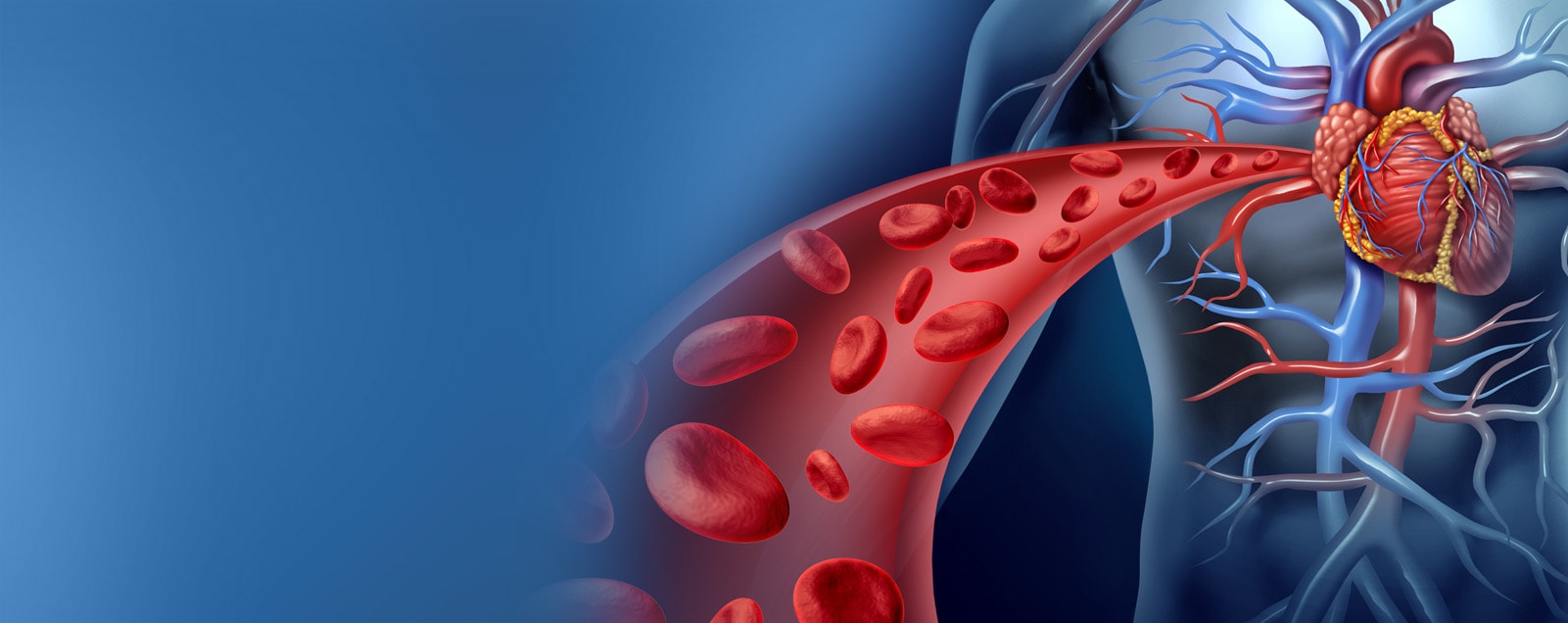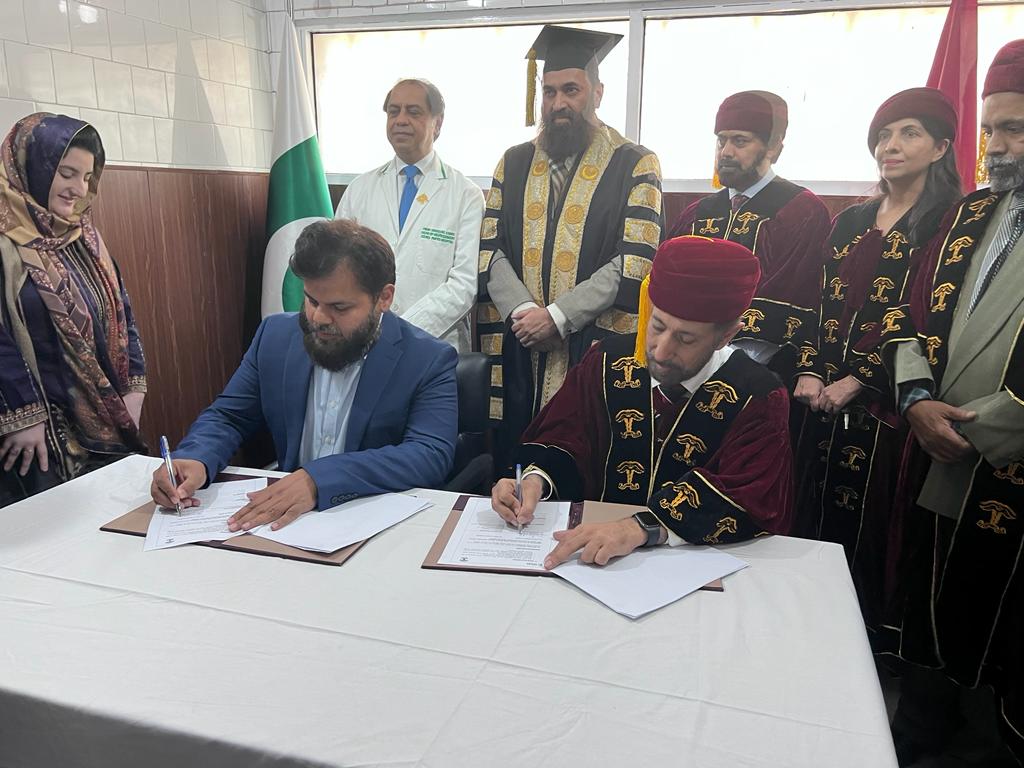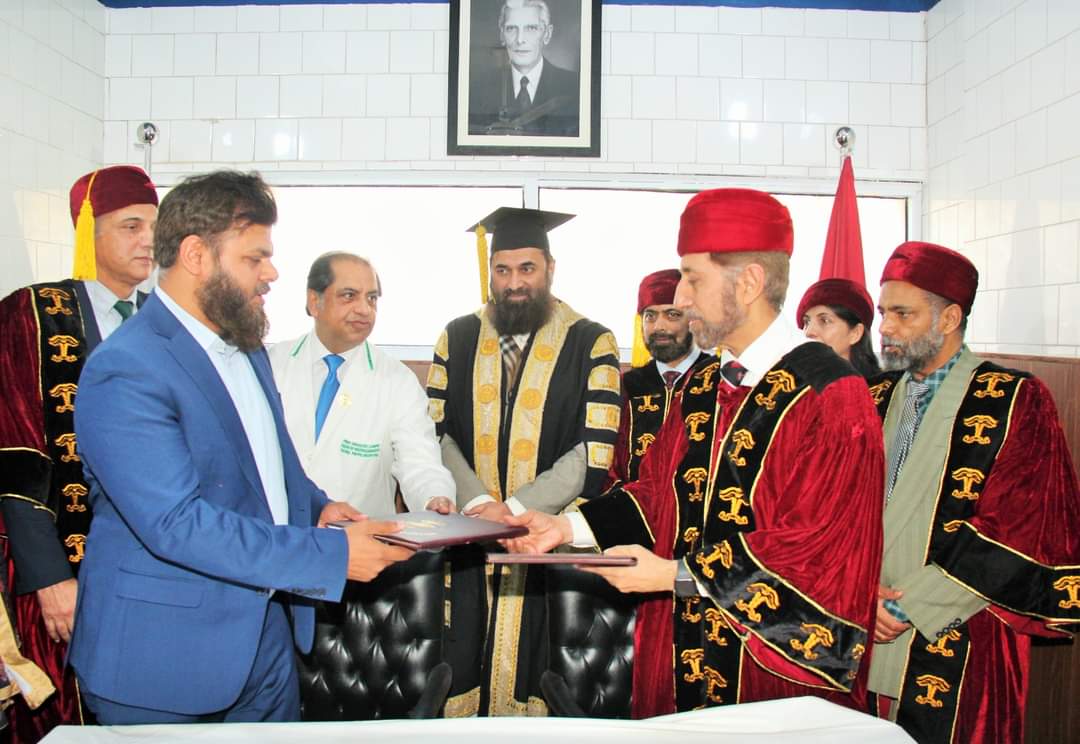

















Human Knockout Project
Three-quarters of human genes have no known associated phenotype. Studying humans knocked out for a gene is an innovative way to understand biology; however such individuals are very rare. To identify human knockouts, we are leveraging high levels of consanguinity in Pakistan. Using whole-exome sequencing (WES) in 10,500 participants, we have already identified 1843 human knockouts for 1317 genes. We are now conducting deep phenotyping studies in all human knockouts to identify new biology.
Learn More














About Us
Welcome to the Center for Non-Communicable Diseases Non-Communicable Diseases such as type-2 diabetes, heart attacks, obesity, heart failure, stroke and chronic kidney disease are the leading causes of death and disability globally. The burden on health due to these disorders is increasing particularly among the 1.5 billion people in South Asia.
Read MoreFacilities
Laboratory Facilities
The Central Coordinating Center for Research (CCR) is located in Karachi where it is housed in a 13500 sq. ft. three-story building that accommodates > 1 million biospecimen from 100,000 participants and has all clinical and lab facilities to process and store blood samples. Additionally, CNCD has established field collection units at 11 cardiovascular institutes located in Karachi, Hyderabad, Lahore and Multan – all major cities in Pakistan.
Read More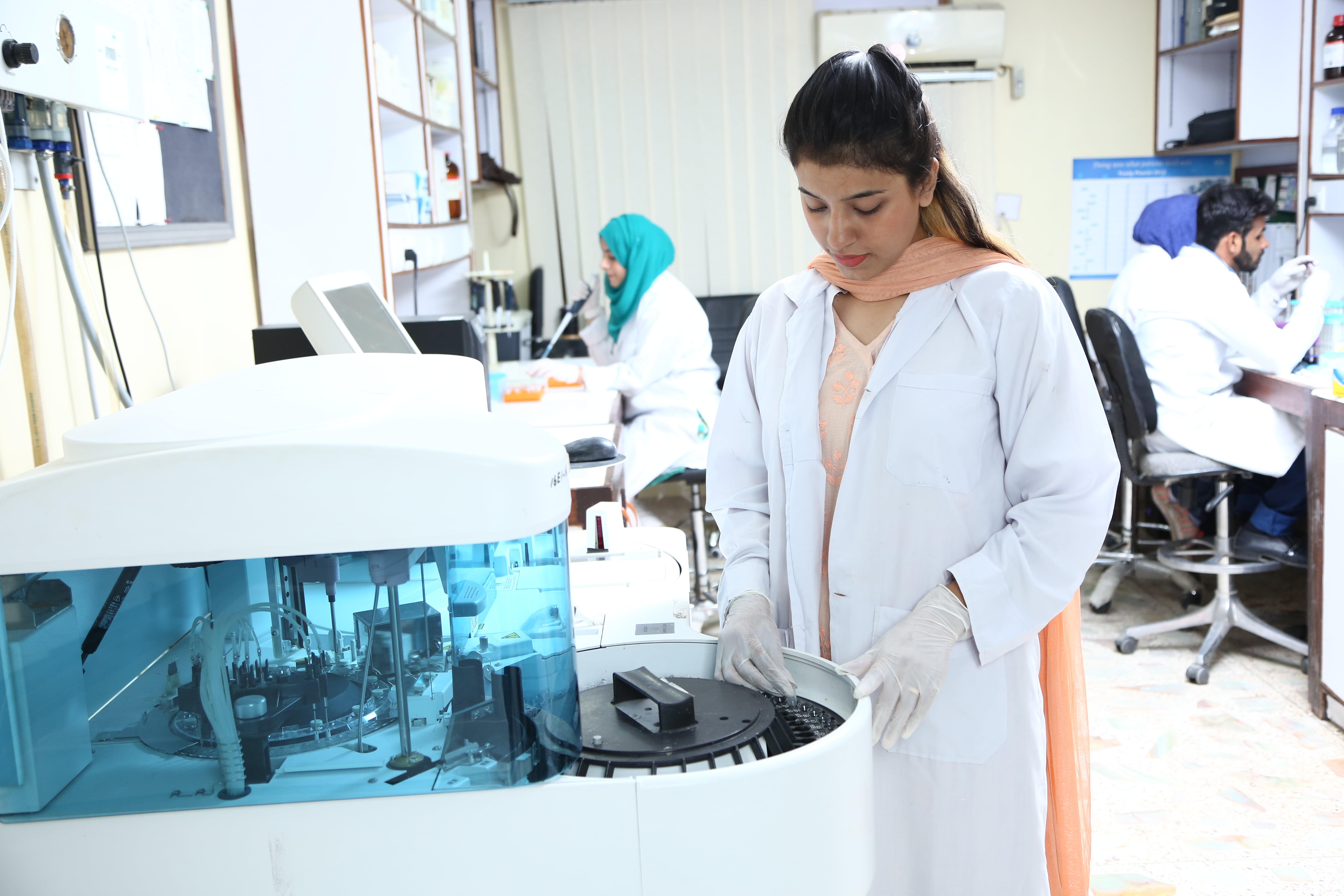
Clinical Epidemiology
CNCD has established 10 field collection units in different cardiovascular institutes in Pakistan to enable enrolment of eligible participants, collection and processing of samples and their appropriate storage at -80 0C (for serum or plasma). These FCU’s have been established at the National Institute of Cardiovascular Diseases (NICVD) (Karachi), Karachi Institute of Heart Diseases (KIHD), the Civil hospital (Karachi), the Jinnah hospital (Karachi).
Read More
Prospective Follow Up & Deep Phenotyping
We are able to conduct both hypothesis free phenotyping of knockouts and conduct provoked physiological testing according to the gene knocked out in our study participants. Such provoked physiological testing can include oral fat tolerance studies, oral glucose tolerance studies, lipoprotein kinetic studies, echo-cardiograms and others.
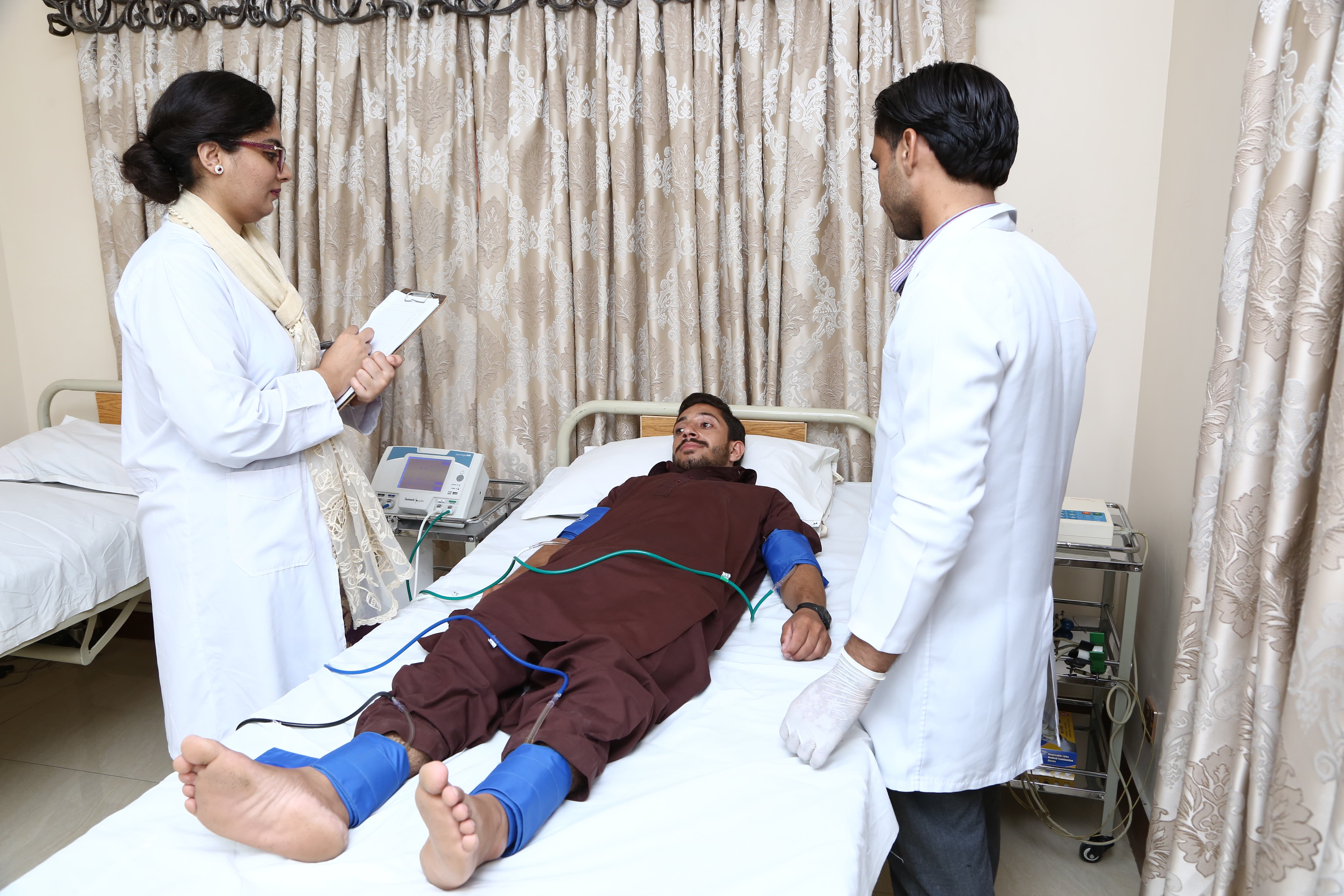
Patient Education
Diabetes is a disease that affects the way our bodies convert food into energy. Most of the food we digest turns into glucose (sugur), which passes into the blood stream. The body relies on insuline, a hormone produced by the pancreas, to move glcose from blood stream to the cells, where it fuels the body and gives us energy
Show More



